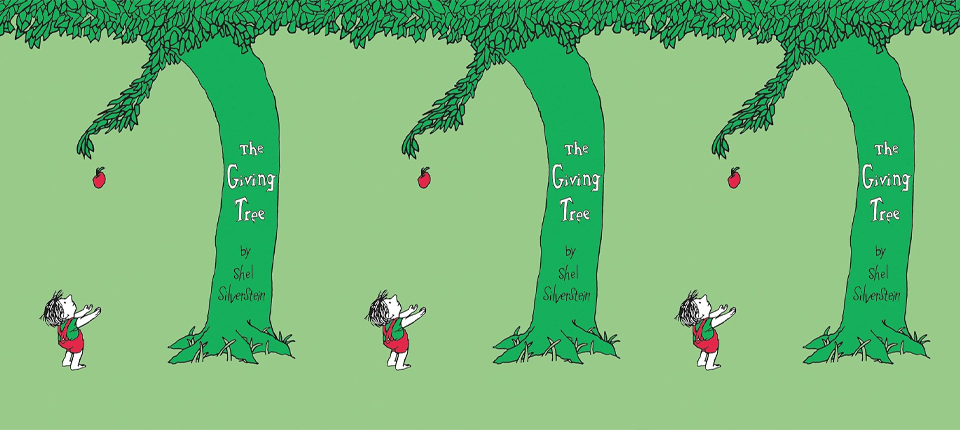- “I used to try to analyze Lewis’s psychology…but it was like craning my neck in hopes of catching a glimpse of the dark side of the moon.” Elias Altman remembers Lewis Lapham and his advice on writing, editing, and when a deal’s a deal. | Lit Hub Biography
- Steve Wasserman deconstructs the environmental and philosophical factors of “writer’s space.” | Lit Hub Craft
- From barroom chats with Raymond Carver to the aperçus of Thomas Piketty, Douglas Unger explores class consciousness in American letters. | Lit Hub Criticism
- “Duras never covertly apologizes for the moral or psychological way that she exists in the world.” Deborah Levy on Marguerite Duras’s The Lover. | Lit Hub Criticism
-
Jamie Quatro recommends 10 books for readers who are a little less Satanic panic and a little more Satanic sympathy. | Lit Hub Reading Lists
Article continues after advertisement - “Each story contains other stories, so all of these tales are contained within other, nested, narrative frames, extending out from the beginning of time.” Douglas J. Penick on translating the ancient language of The Vetala Tales. | Lit Hub On Translation
- “Que pasó, bro, Dru says, smiling. How you be, mister E?” Read from Dagoberto Gilb’s new story collection, New Testaments. | Lit Hub Fiction
- Megan Kamalei Kakimoto recommends books that capture the spirit of Hawaii. | The New York Times
- “With words she not so much found the point to life as sharpened life to a point.” Deborah Levy on some of her literary loves. | Hazlitt
- Kyle Chayka considers the unavoidable ubiquity of A.I. | The New Yorker
- On Emile Habibi’s The Pessoptimist, fifty years later. | Jacobin
- The (tasty) new additions to the Merriam-Webster Dictionary include burrata, street corn, and capicola. | Salon
- Tom Zoellner on Richard Slotkin’s A Great Disorder and the curse of American mythology. | Los Angeles Review of Books




















